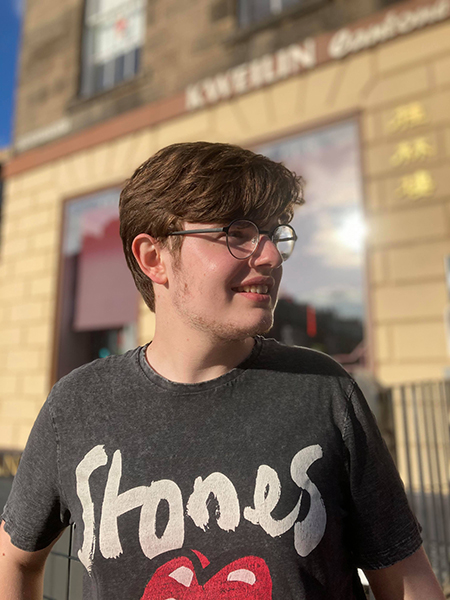An Announcement:
‘Come here,’ my father had said.
His brow was a weathered headstone.
The sofa was soft beside him. Worn and stained and comfortable
The words jolted and scratched out of his mouth.
A machine breaking down but still running.
Sentence by sentence, his throat was oiled.
I never knew that death could be said
In so many words.
We brought flowers, of course,
But what kind I could not say.
Only that the colours seemed sun-bleached and too white.
The next announcement was by my school
Although I’d heard it before.
It was not said in voice, but in whisper.
But when the boy’s parents came to school,
They screamed like train brakes.
The boy was with the railway tracks
I cannot remember his name.
(I told myself I’d never forget his name).
One by one, the announcements came
Every time the machine seemed slicker, more oiled.
And one by one,
Their exclamation marks became full stops.
Church Bells:
The stone house played like a music box.
Turning over its spool, and dinging metal soldiers.
What private machinations lie in that box?
It is so beautiful to hear,
As the men drag their ropes down and down again.
They sweat, their hands burning.
But ears do not hear their pain, only the bells.
My! How they sing!
And as I look inside, I can see the choir shuffling in,
Coy smiles here and there.
Chosen of men and chosen of God.
Their voices join the bells. But they do not sing.
It sounds closer to screams.
(I cannot help but hear them as a little boy’s scream.)
The ropes of the bells look more like intestines,
Fat and taut. The men do not notice and pull faster and harder.
Their pain turning to pleasure.
Twisting, pulling, thumbing into clay
Transforming, revolving, remaking anew.
I turn away. The bells are too loud.
The men’s faces too perverse.
And the screaming now sounds like many instead of one.

